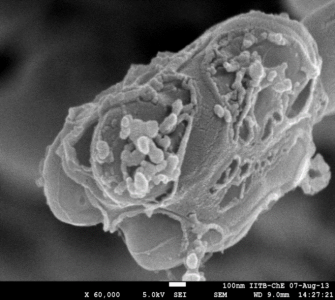
Geotechnical engineering patronises the philosophy that geomaterials are influenced by mechanical effects and basically deals with physical attributes of the material. Further, geomaterials are considered to be biologically inert, though geo-environment has been the host of microorganisms for more than 3 billion years, longer than the known human habitation which is 2 billion years. As such, microorganisms (viz., bacteria, fungi, and others) play an important role in synthesis of particulate matter (i.e., the soil mass) from a continuum (i.e., the rock mass) and hence in creation of the soil matrix. Likewise, similar actions of microorganisms on the soil grains eventually result in further disintegration (read biological degradation or deterioration) of the particulate matter, and thereby changing the morphology and/or mineralogy of the grains of the soils. Further, the process like bio- corrosion of mineral ores of metals, buried metal and concrete structures leads to change in initial composition of geomaterial (viz., soil).
On the contrary, biological activity is also known to cause agglomeration of the soil particles as well as aid in reducing the erosion of the soil. This concept has been used by geotechnical engineers in the recent past (who have otherwise neglected the role of microorganisms in soil), to stabilise the surface of the slopes and prevent erosion by providing vegetation cover. Consequently, all aforesaid modifications are responsible for alteration of the soil fabric.
Existence of microbial activity in the soil mass is related to availability of nutrients. In order to understand the behaviour of geomaterials under the influence of bio-geo chemical processes; development of bio-geo interface; and the mechanisms associated with it needs to be developed, on which studies on development of automated nutrient analyser to reduce the human interference and standardise the process, development of the bio-geo interface in geomaterials and its influence on their matrix and overall engineering behaviour are being conducted at the Environmental Geotechnology Laboratory.
Prof. D N Singh
